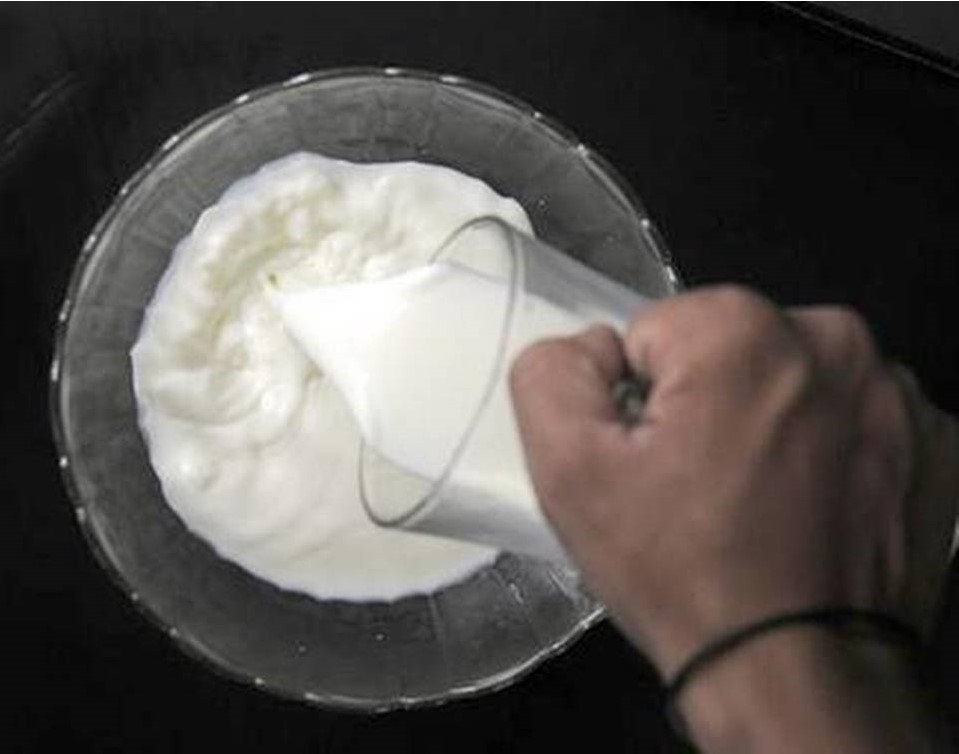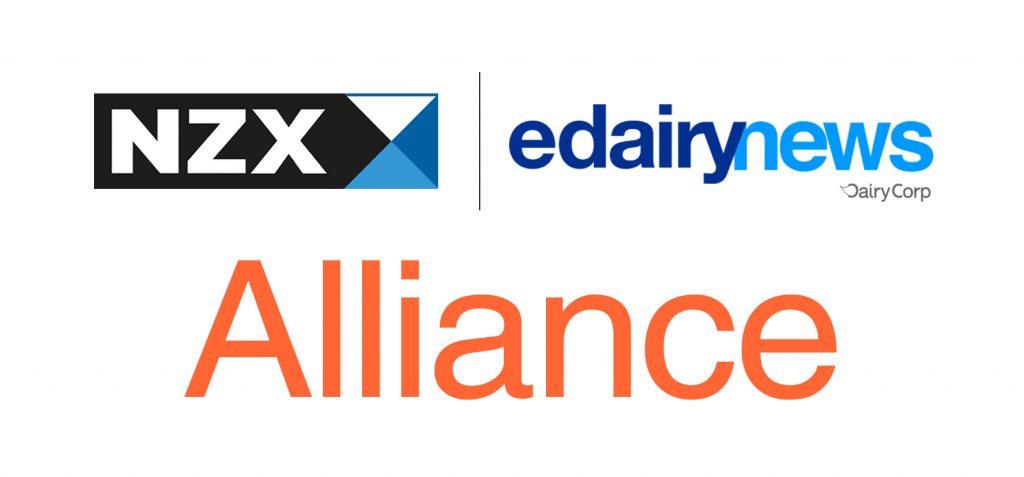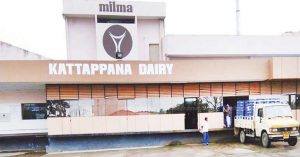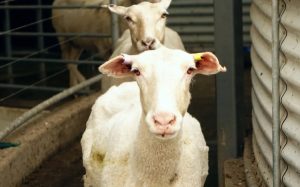The Amul model milk cooperatives in the State do not work on the model of profits, and they have no profit capitalisation. Portions of profit made by cooperatives go into various funds that benefit dairy farmers, said K.S. Mani of the milk cooperative on Saturday. He added that around a million dairy farmers were attached to the milk cooperative directly, and that the imposition of income tax would affect the functioning of cooperatives.
Dairy farmers are one of the most marginalised segments of the farming sector, and incentivising them is one of the ways to enhance milk production. The new direct tax imposition will not help the process, he said, adding that auditing accounts of cooperatives lagged, and that fines slapped under the new norms on cooperatives for not filing returns in time would further impact their operation. He also said that the profit earned by primary dairy cooperatives was being returned to dairy farmers themselves in the form of various subsidies and incentives.
John Theruvath, chairman of the Ernakulam Regional Cooperative Milk Producers Union, said Kerala had achieved considerable milk production over the years with the help of cooperatives. The procurement level is around 14 litres per day. Both the Ernakulam and Malabar regions have achieved self-sufficiency in milk production. The production level will get a boost with more youngsters entering the dairy sector following the COVID 19 lockdown.
The dairy cooperative has appealed to the State government to intervene and explore the possibility of withdrawal of the new direct tax rules, he added.

















